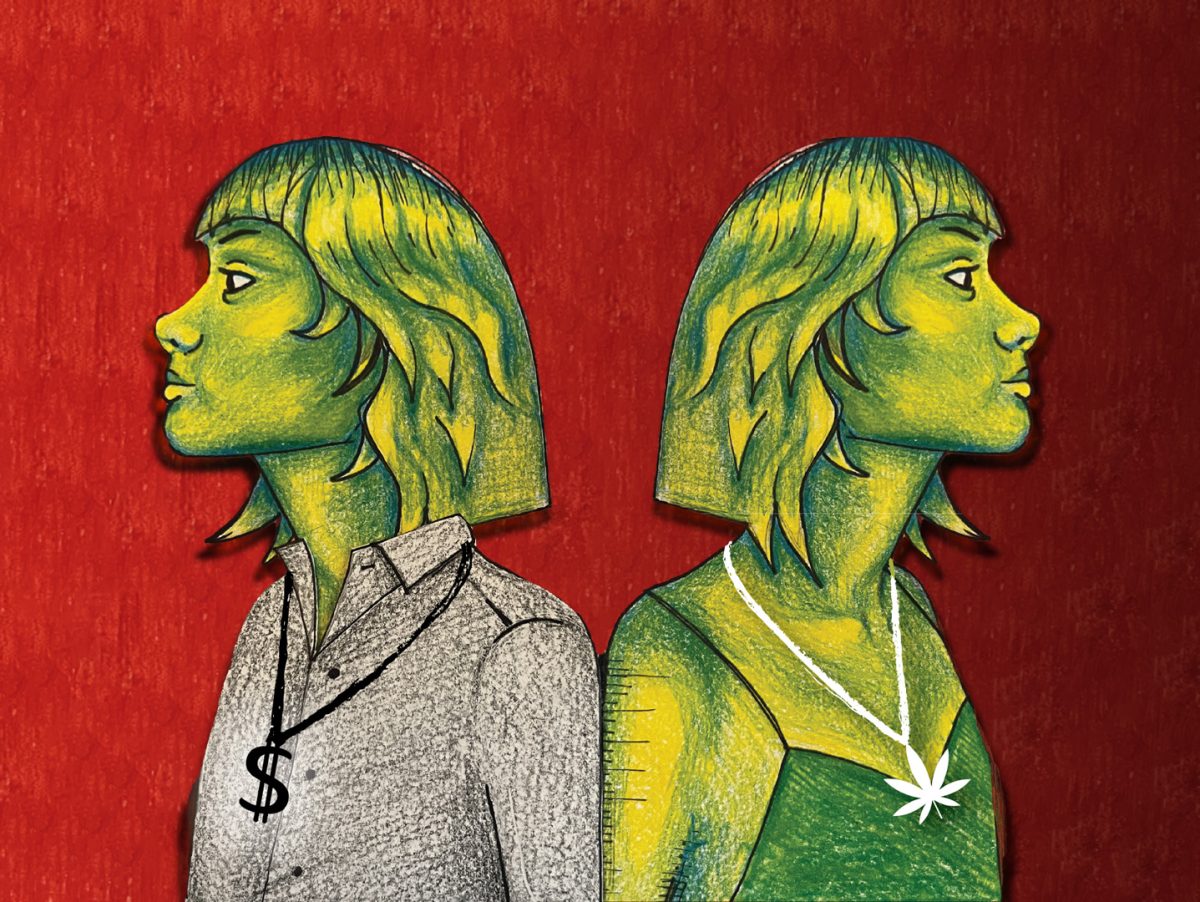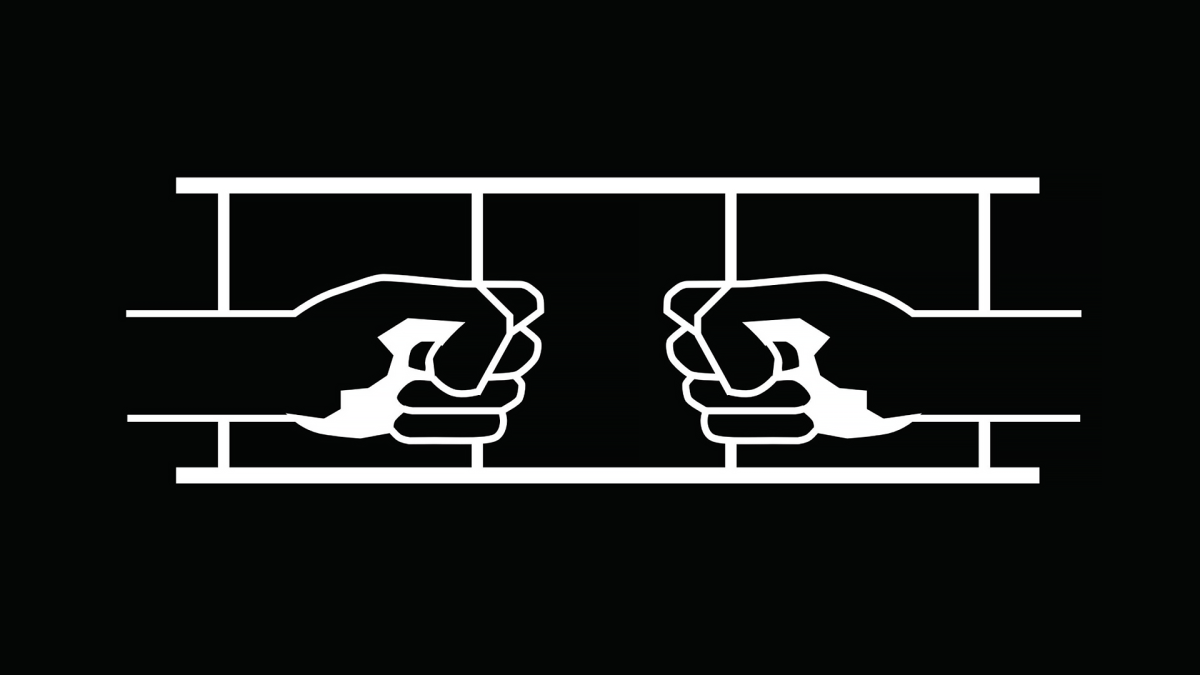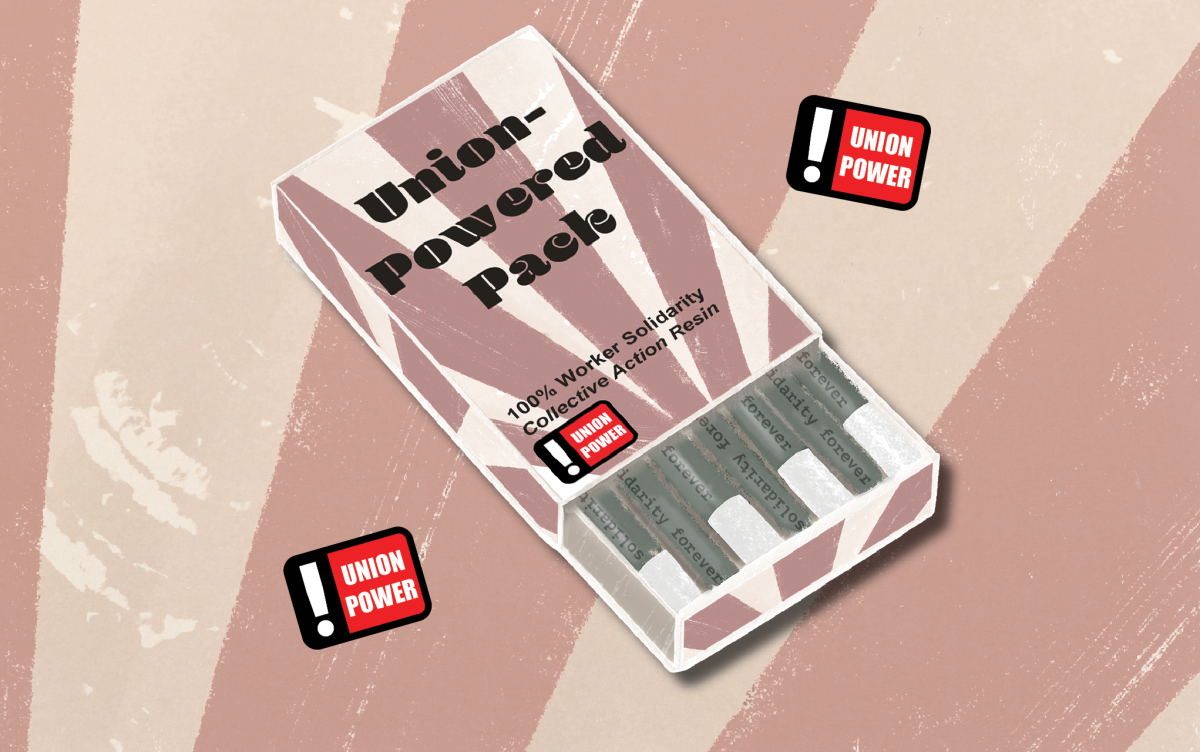In 2023 it was reported that approximately 86.2% of Oregon’s state population is white, according to the Oregon Census Bureau. When considering the racial disparity in cannabis arrests in Oregon specifically, racism is an identifiable factor even with a smaller percentage of the people in the state identifying as BIPOC (Black, Indigenous, people of color).
Although Oregon was one of the first states in the nation to decriminalize cannabis for both medical and recreational use, there were still individuals incarcerated for their connections to cannabis. When considering this issue, a defined impact on specific racial communities plays a significant role in Oregon’s cannabis-related arrests.
In Oregon’s American Civil Liberties Union report, even with the legalization of the recreational use of cannabis back in 2014, Black individuals are 1.8 times more likely to get arrested for cannabis possession than white individuals. Although the arrest rate has gone down since the legalization went into effect in 2015, there is still a clear difference in the number of arrests based on race.
Oregon’s progression with cannabis laws is some of the best in the nation based on the substance alone, but flaws still occur when it comes to equal treatment amongst all people.
In a recent interview, Brian Nam-Sonenstin, writer for the Marijuana Moment, had a conversation with Oregon’s former Gov. Kate Brown about the connections to cannabis arrests and racial justice disparities. Brown goes into depth on the issues of cannabis arrests and the unfair treatment that low-income and BIPOC face daily, comparable to the non-BIPOC population incarcerated for the same crimes.
Before Brown’s time in office was up in January 2023, she pardoned 45,000 people for simple cannabis possession offenses and forgave more than $14 million in fines and fees. Although this is a step in the right direction for those convicted of simple cannabis possession, it is only the first step in protecting the lives of BIPOC community members formerly convicted of a cannabis-related crime.
Cannabis convictions have made it difficult for individuals to obtain jobs, education and housing. Thinking about the stigmatization of BIPOC, cannabis convictions on records impact the chances for adequate work and housing options, which is already a common struggle for people within these communities.
Decriminalizing low-level drug offenses will help accommodate BIPOC communities and the racial stigma often pushed upon them. Rehabilitation programs that help individuals get onto their feet after these convictions are one of the few ways to help BIPOC communities to find the justice they deserve.
On a state level, without proper support and efficient community, freeing individuals into a world where they are alone is only going to bring more hardships onto these individuals. Making sure that accurate services and outreach programs are available to all people is a measure that needs to be upheld, especially in a state lacking large, diverse communities.







